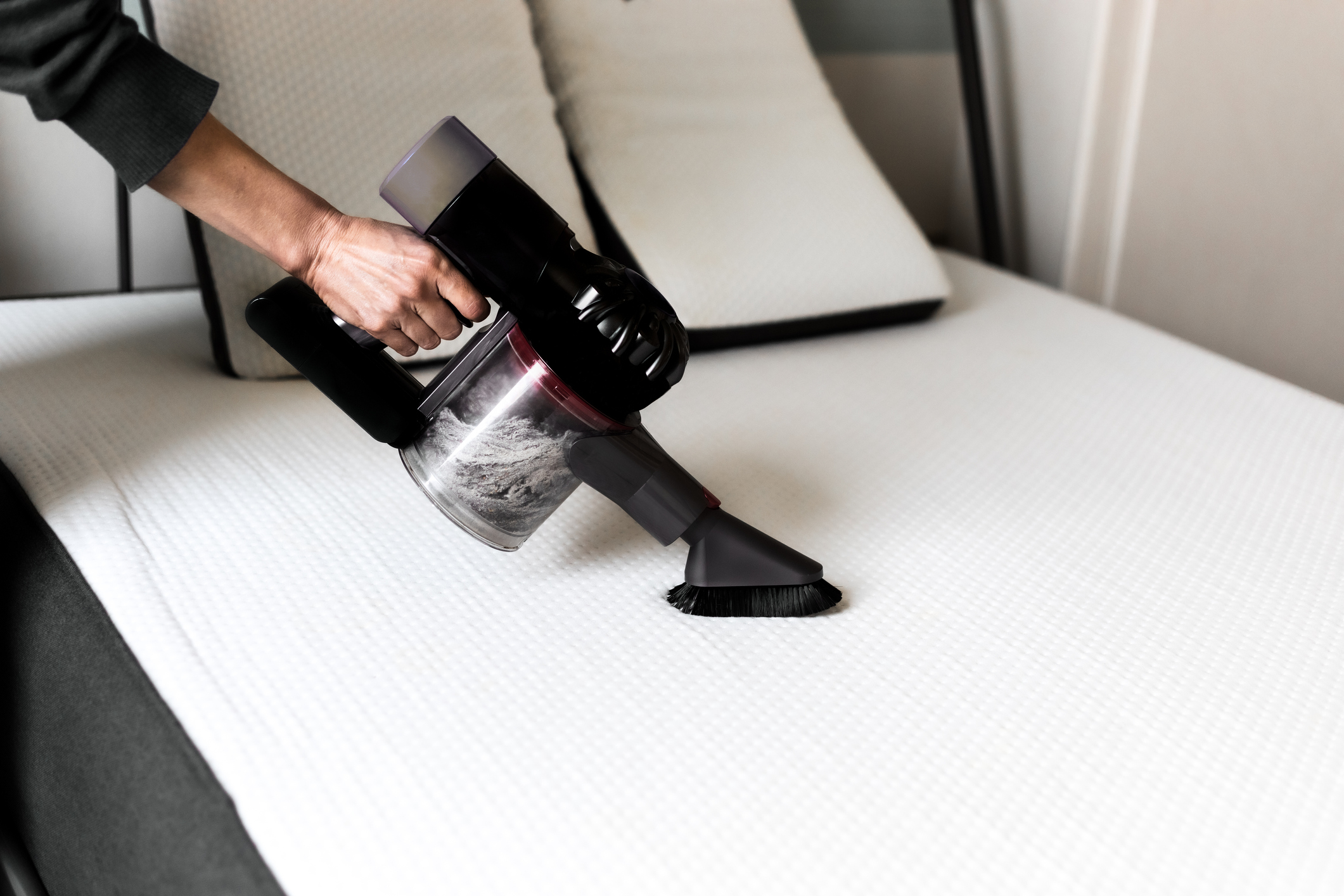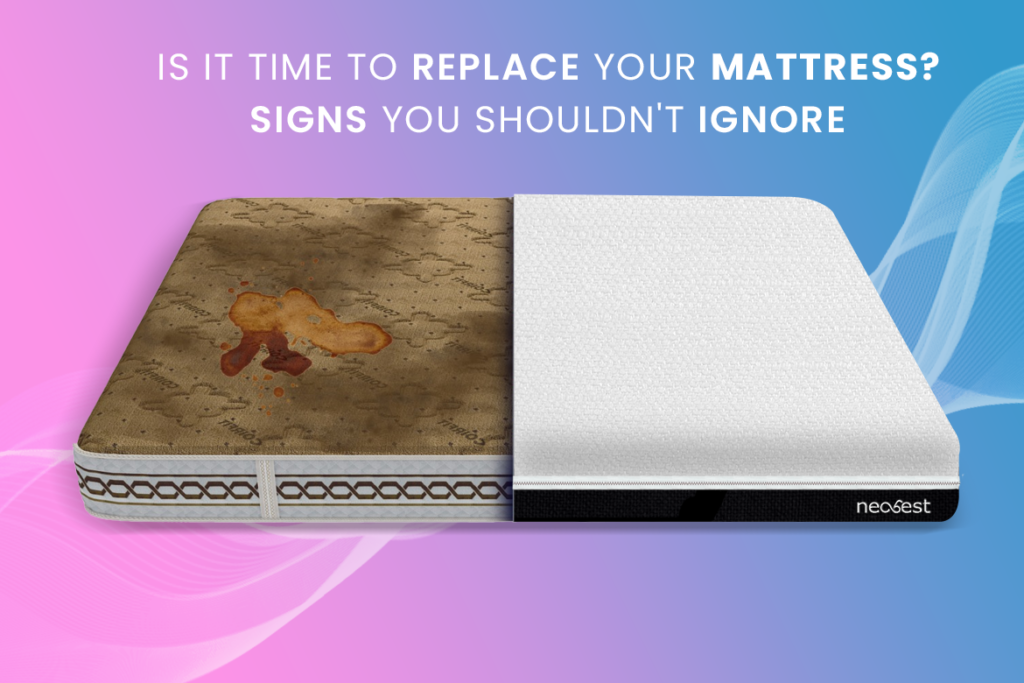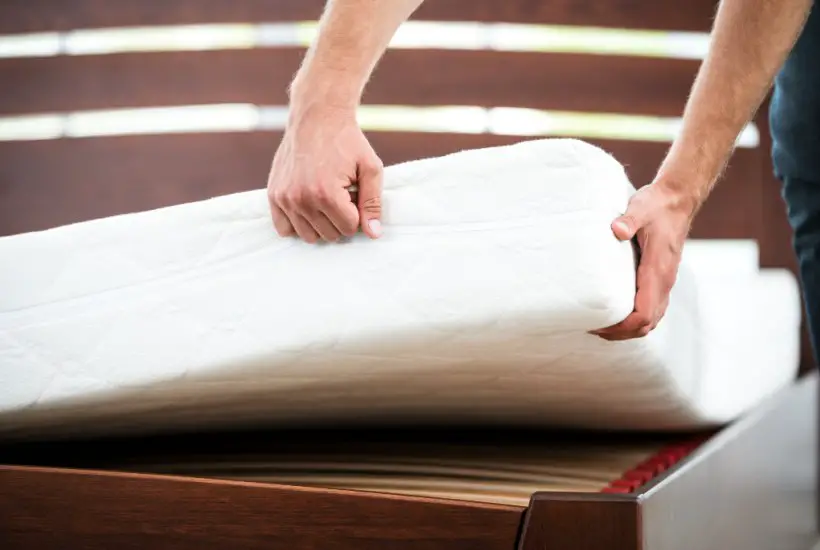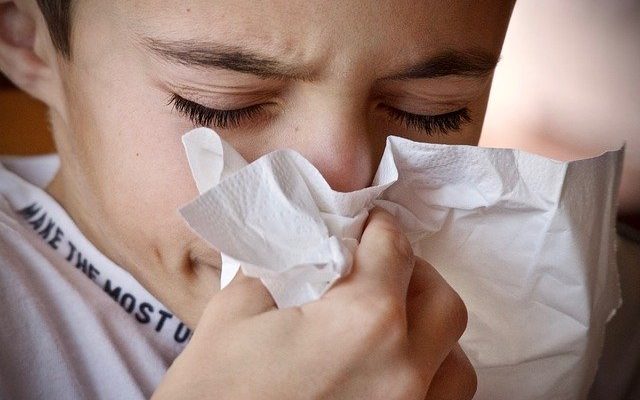1. Bacteria and Germs on Dirty Mattresses Can Make You Sick
Did you know that your seemingly innocent mattress could be a breeding ground for bacteria and germs? According to a study by the Hygiene Council, the average person sheds about 1.5 grams of skin cells each night. These skin cells, along with sweat and other bodily fluids, can accumulate on your mattress and create the perfect environment for bacteria and germs to thrive.
Dirty mattress is a term that many people may not take seriously, but the reality is that it can have serious consequences on your health. These bacteria and germs can cause a range of health issues, from skin irritations to more serious respiratory illnesses.
2. How a Dirty Mattress Can Affect Your Health
While we sleep, our bodies are in close contact with our mattresses for an extended period of time. This prolonged exposure to bacteria and germs can lead to a weakened immune system, making us more susceptible to illnesses. Additionally, the accumulation of dust mites, which feed on dead skin cells, can trigger allergies and asthma symptoms.
In some cases, a dirty mattress can also lead to more serious health issues such as infections, fungal growth, and even pneumonia. This is especially concerning for young children, the elderly, and those with weakened immune systems.
3. The Dangers of Sleeping on a Dirty Mattress
The thought of sleeping on a dirty mattress may not be appealing, but the reality is that it can have serious consequences on our health. The accumulation of bacteria and germs can not only affect our physical health but also impact our mental well-being. Poor sleep quality due to discomfort and health issues can lead to fatigue, irritability, and decreased productivity.
Furthermore, the presence of bacteria and germs on our mattresses can also affect our skin health. The constant contact with these microorganisms can cause skin irritations, acne breakouts, and even infections.
4. Can a Dirty Mattress Cause Allergies and Respiratory Problems?
If you suffer from allergies or respiratory problems, your mattress could be a contributing factor. Dust mites, a common allergen, thrive in warm and humid environments like our mattresses. These microscopic creatures can cause a range of symptoms, from sneezing and congestion to itchy and watery eyes.
In addition to dust mites, the accumulation of pet dander, pollen, and other allergens on a dirty mattress can also trigger allergy and asthma symptoms. This can be particularly troublesome for those who already have respiratory issues, as it can worsen their condition and lead to more frequent flare-ups.
5. The Link Between Dirty Mattresses and Illnesses
Studies have found a strong correlation between dirty mattresses and various illnesses. The accumulation of bacteria and germs on our mattresses can lead to a range of health issues, including skin infections, respiratory illnesses, and even neurological problems.
In fact, a study by the National Sleep Foundation found that people who regularly clean their mattresses report a better quality of sleep and a lower incidence of health issues. This highlights the importance of keeping our mattresses clean and free from harmful microorganisms.
6. Health Risks of Sleeping on a Dirty Mattress
Our mattresses play a significant role in our overall health and well-being. A dirty mattress can pose several health risks that not only affect our physical health but also our mental and emotional well-being.
Some common health risks of sleeping on a dirty mattress include skin irritations, allergies, respiratory illnesses, and infections. These can lead to discomfort, fatigue, and decreased productivity, ultimately impacting our quality of life.
7. How to Tell if Your Mattress is Making You Sick
Many people may not realize that their mattress is making them sick until they start experiencing symptoms. If you've been waking up with a stuffy nose, itchy skin, or breathing difficulties, it could be a sign that your mattress is the culprit.
Other signs to look out for include a musty smell, visible stains or spills, and sagging or lumps on your mattress. These are all indications that your mattress needs a deep clean or even a replacement.
8. The Importance of Regularly Cleaning Your Mattress
Regularly cleaning your mattress is crucial for maintaining good health. A deep clean at least twice a year can help remove dust mites, bacteria, and other allergens that may have accumulated on your mattress. Vacuuming your mattress and using a mattress protector can also help prevent the buildup of these harmful microorganisms.
In addition to regular cleaning, it's essential to address any spills or stains on your mattress immediately. These can lead to the growth of mold and mildew, which can have serious health implications.
9. Tips for Keeping Your Mattress Clean and Healthy
Aside from regular cleaning, there are some simple steps you can take to keep your mattress clean and healthy. These include regularly washing your bedding, airing out your mattress, and using a mattress protector.
It's also crucial to practice good hygiene and avoid eating or drinking on your mattress. This can help prevent spills and stains and minimize the risk of bacteria and germs accumulating on your mattress.
10. When to Replace Your Mattress for Better Health
While regular cleaning and maintenance can help prolong the life of your mattress, there comes a time when it needs to be replaced. If your mattress is over eight years old, visibly worn out, or causing health issues, it's time to invest in a new one.
Replacing your mattress can significantly impact your health and quality of sleep. A new, clean, and supportive mattress can improve your overall well-being and help you wake up feeling refreshed and rejuvenated.
In conclusion, a dirty mattress can have serious consequences on our health. Regularly cleaning and maintaining our mattresses is crucial for preventing the buildup of bacteria, germs, and allergens that can lead to a range of health issues. By following proper hygiene practices and knowing when it's time to replace our mattresses, we can ensure a healthier and more comfortable sleep environment.
The Impact of a Dirty Mattress on Your Health

Understanding the Dangers of a Dirty Mattress
 As we spend about a third of our lives sleeping, it's important to have a clean and comfortable mattress. However, many of us neglect the cleanliness of our mattresses, thinking that simply changing the sheets is enough. The truth is, a dirty mattress can have a significant impact on our health.
Dust mites, bacteria, and other allergens can thrive in a dirty mattress, causing a range of health issues.
In this article, we will explore the potential dangers of a dirty mattress and why it's crucial to keep it clean.
As we spend about a third of our lives sleeping, it's important to have a clean and comfortable mattress. However, many of us neglect the cleanliness of our mattresses, thinking that simply changing the sheets is enough. The truth is, a dirty mattress can have a significant impact on our health.
Dust mites, bacteria, and other allergens can thrive in a dirty mattress, causing a range of health issues.
In this article, we will explore the potential dangers of a dirty mattress and why it's crucial to keep it clean.
How a Dirty Mattress Can Make You Sick
 Our mattresses are a breeding ground for various microorganisms that can negatively impact our health.
Dust mites, in particular, are a common culprit found in dirty mattresses.
These tiny creatures feed on dead skin cells and can trigger allergic reactions and respiratory issues. In addition, bacteria and fungi can also thrive in a dirty mattress, causing infections and skin irritations.
Exposure to these microorganisms can lead to symptoms such as coughing, sneezing, watery eyes, and even asthma attacks.
Furthermore, a dirty mattress can also attract pests such as bed bugs, which can cause itchy bites and skin infections.
Our mattresses are a breeding ground for various microorganisms that can negatively impact our health.
Dust mites, in particular, are a common culprit found in dirty mattresses.
These tiny creatures feed on dead skin cells and can trigger allergic reactions and respiratory issues. In addition, bacteria and fungi can also thrive in a dirty mattress, causing infections and skin irritations.
Exposure to these microorganisms can lead to symptoms such as coughing, sneezing, watery eyes, and even asthma attacks.
Furthermore, a dirty mattress can also attract pests such as bed bugs, which can cause itchy bites and skin infections.
The Importance of Regularly Cleaning Your Mattress
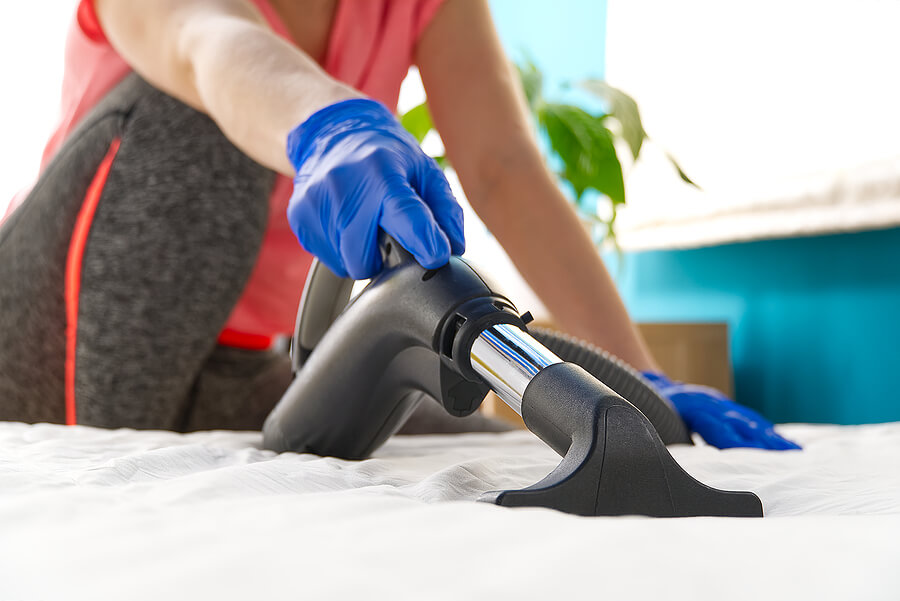 Keeping your mattress clean and free from these harmful microorganisms is crucial for maintaining good health.
Regularly vacuuming your mattress and using a mattress cover can help reduce the accumulation of dust mites and other allergens.
It's also recommended to wash your bedding in hot water to kill any bacteria or dust mites that may be present.
For a deeper clean, consider using a steam cleaner on your mattress.
This can help eliminate any remaining microorganisms and leave your mattress fresh and sanitized.
Keeping your mattress clean and free from these harmful microorganisms is crucial for maintaining good health.
Regularly vacuuming your mattress and using a mattress cover can help reduce the accumulation of dust mites and other allergens.
It's also recommended to wash your bedding in hot water to kill any bacteria or dust mites that may be present.
For a deeper clean, consider using a steam cleaner on your mattress.
This can help eliminate any remaining microorganisms and leave your mattress fresh and sanitized.
Conclusion
 In conclusion, a dirty mattress can have a significant impact on your health.
Dust mites, bacteria, and other allergens can thrive in a dirty mattress and cause a range of health issues.
It's essential to regularly clean and maintain your mattress to avoid these potential dangers. By taking simple steps such as vacuuming, using a mattress cover, and washing bedding in hot water, you can ensure a clean and healthy sleeping environment. Don't neglect the cleanliness of your mattress – your health depends on it.
In conclusion, a dirty mattress can have a significant impact on your health.
Dust mites, bacteria, and other allergens can thrive in a dirty mattress and cause a range of health issues.
It's essential to regularly clean and maintain your mattress to avoid these potential dangers. By taking simple steps such as vacuuming, using a mattress cover, and washing bedding in hot water, you can ensure a clean and healthy sleeping environment. Don't neglect the cleanliness of your mattress – your health depends on it.


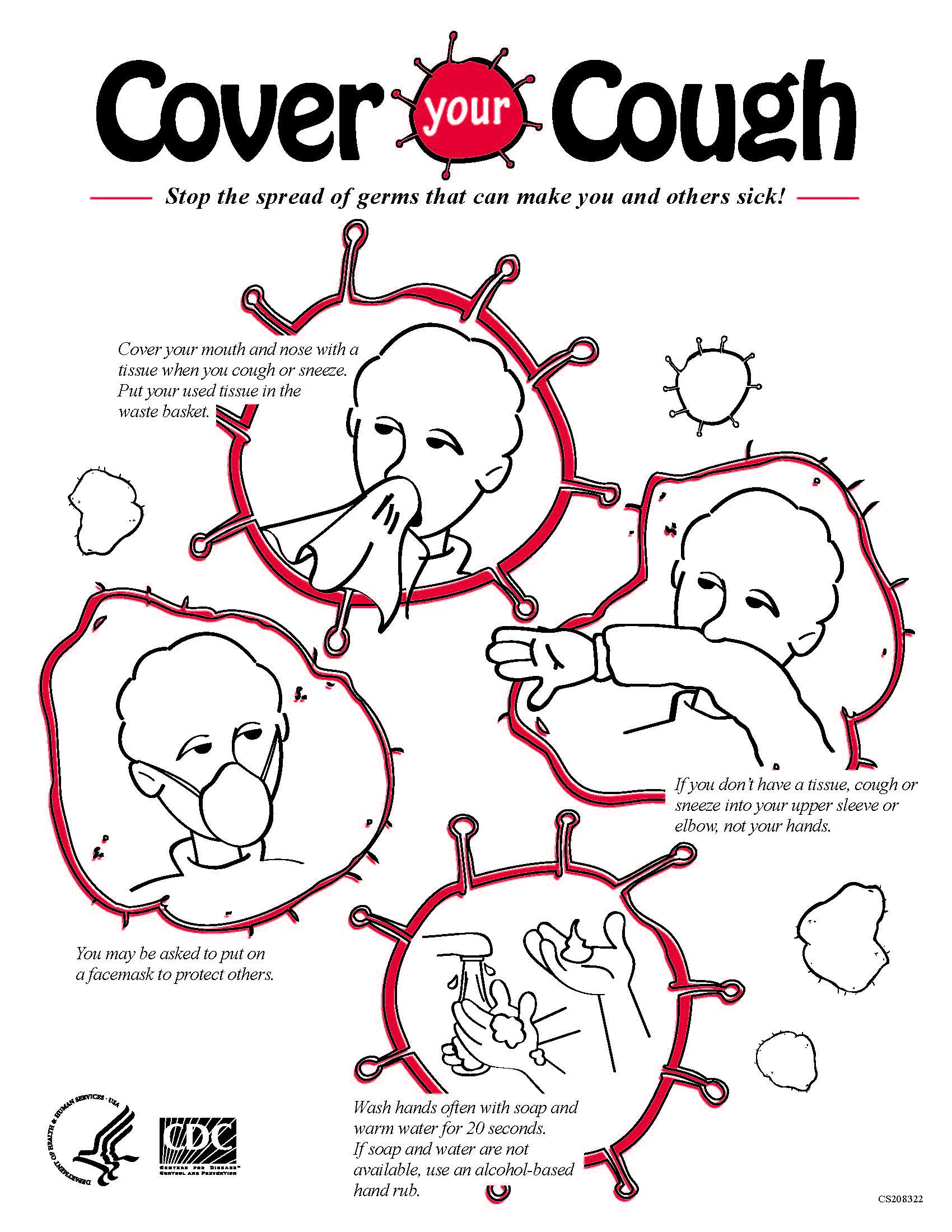



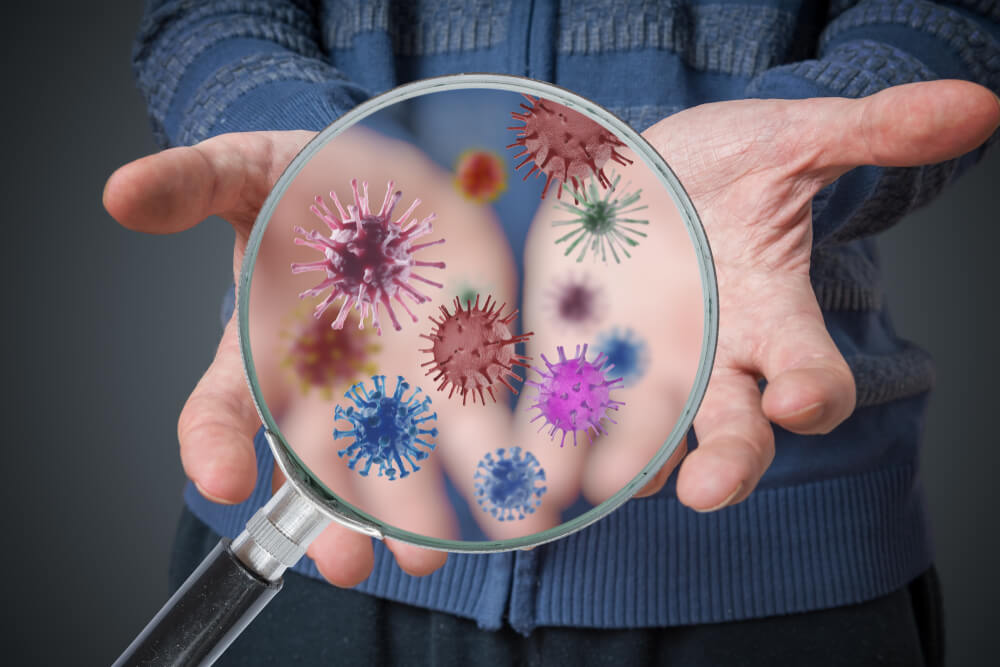

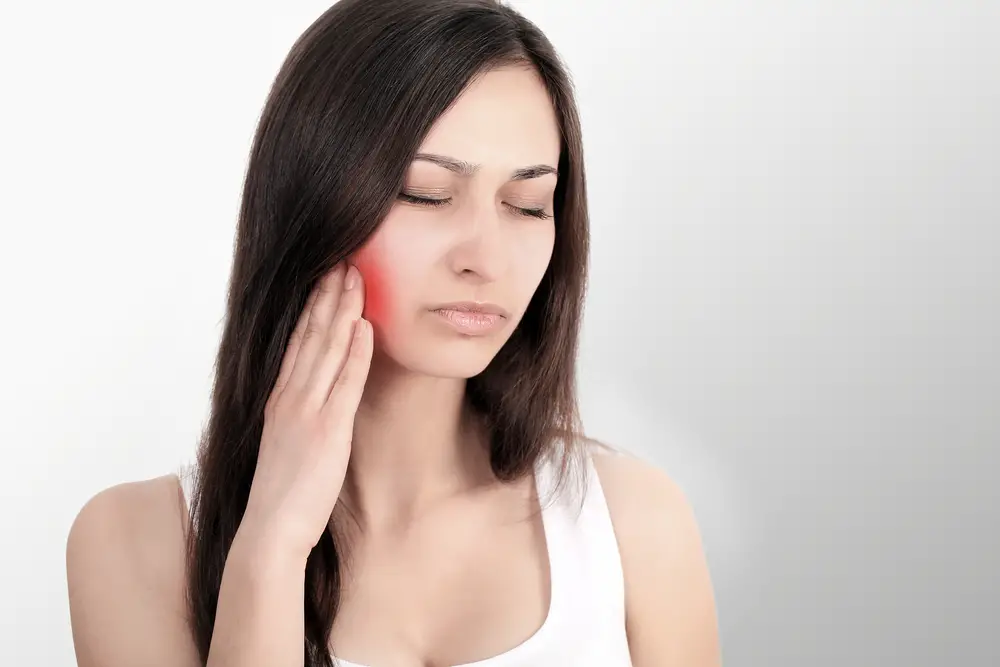
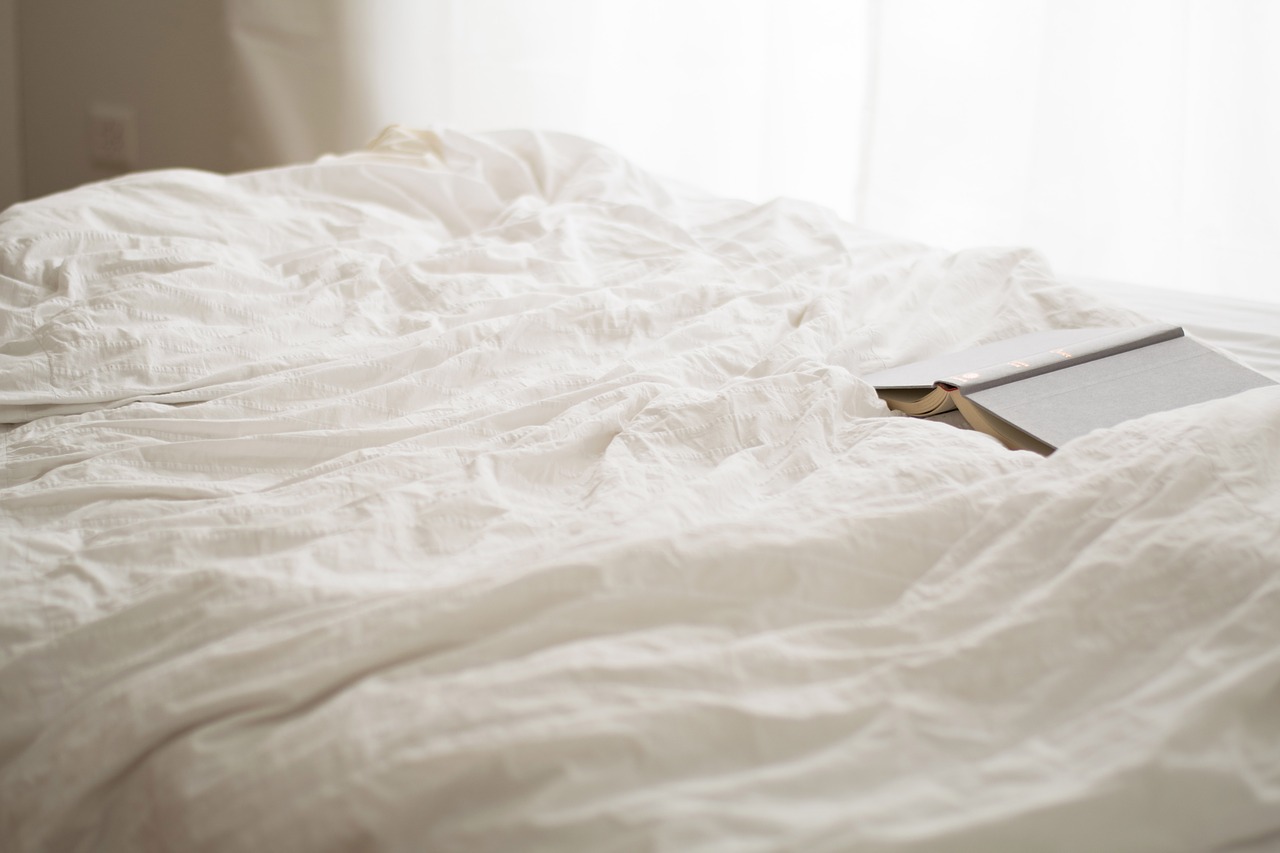
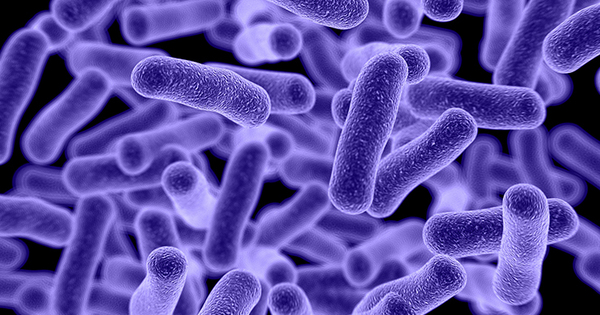



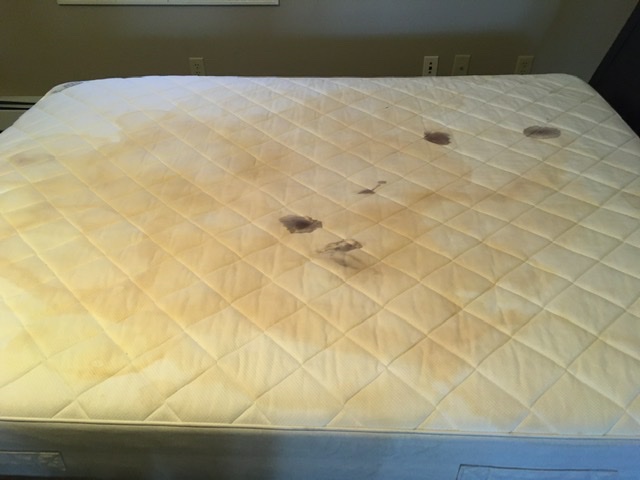


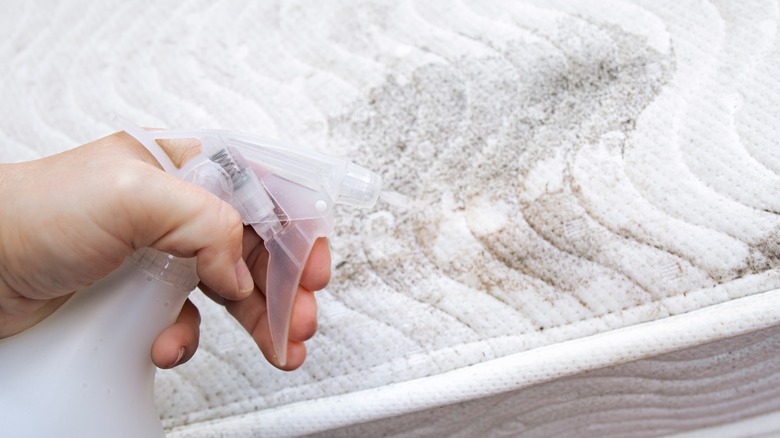
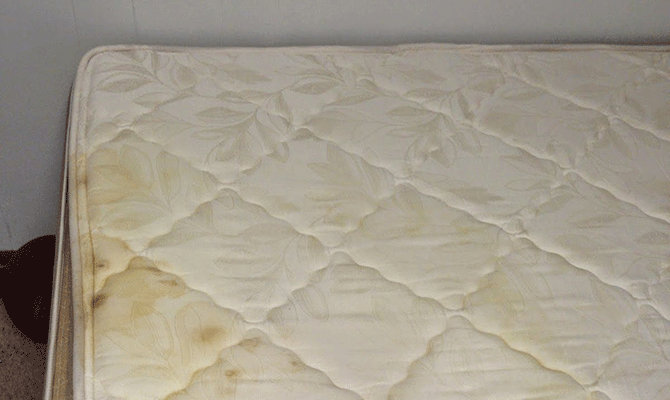

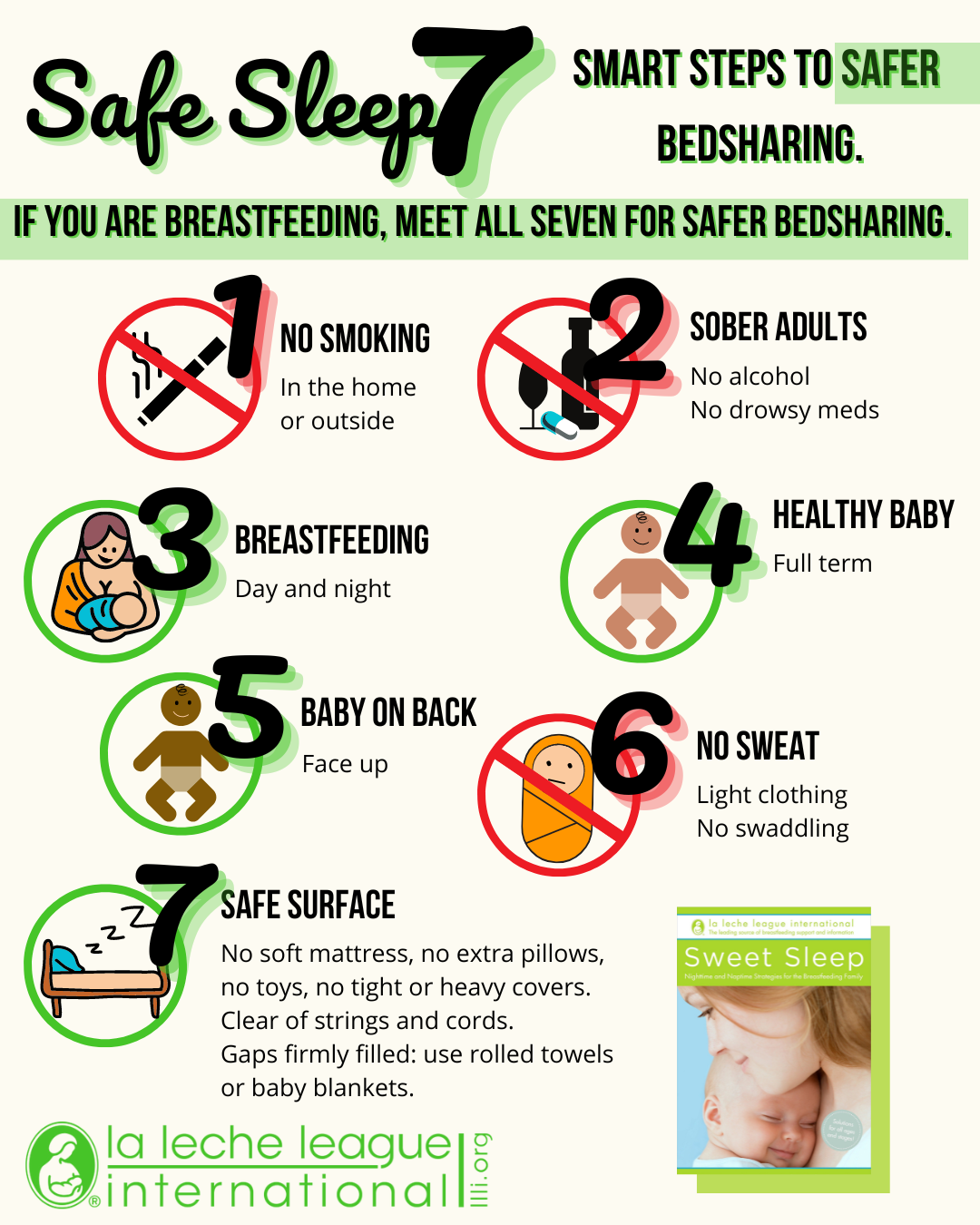



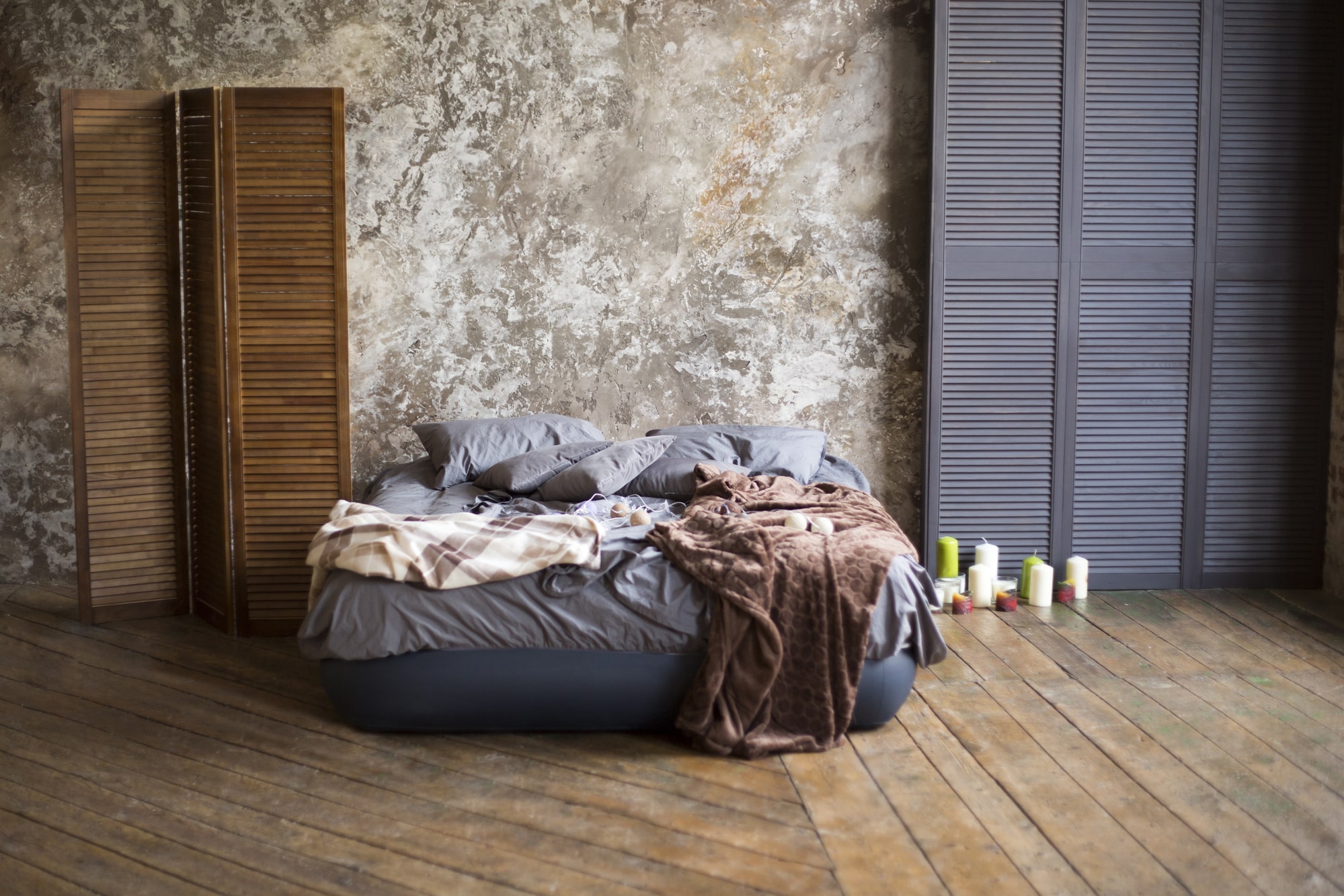




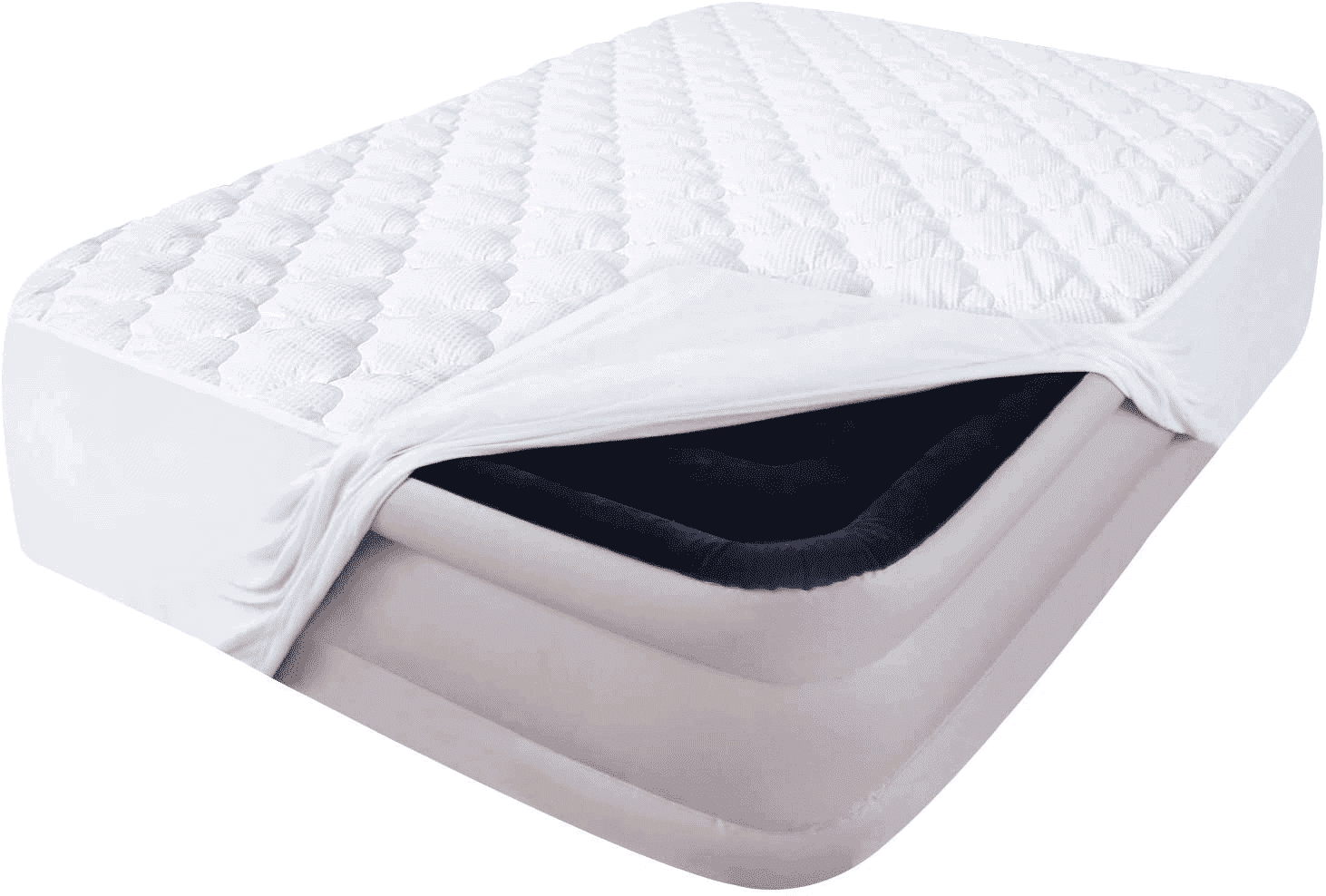








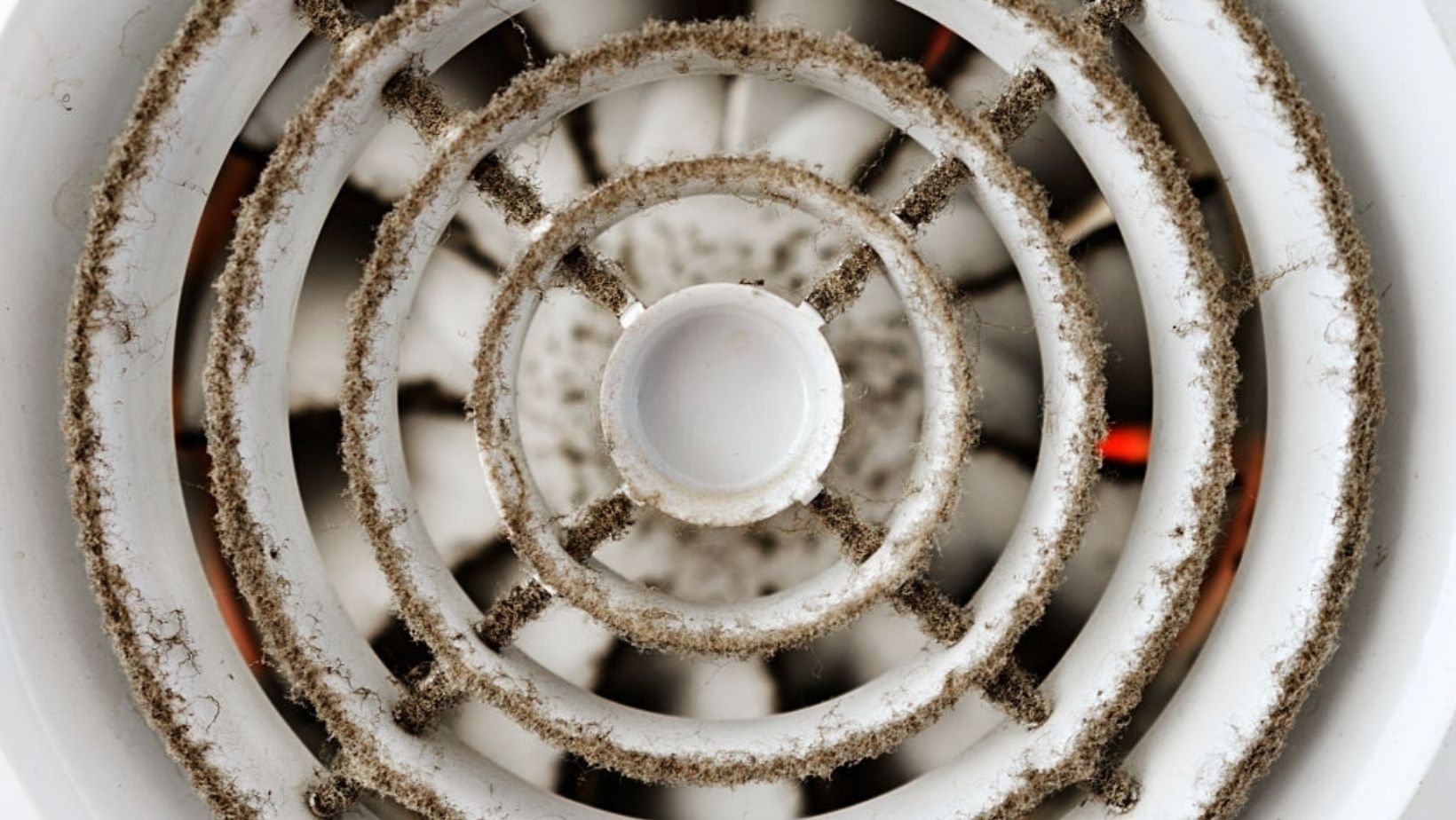


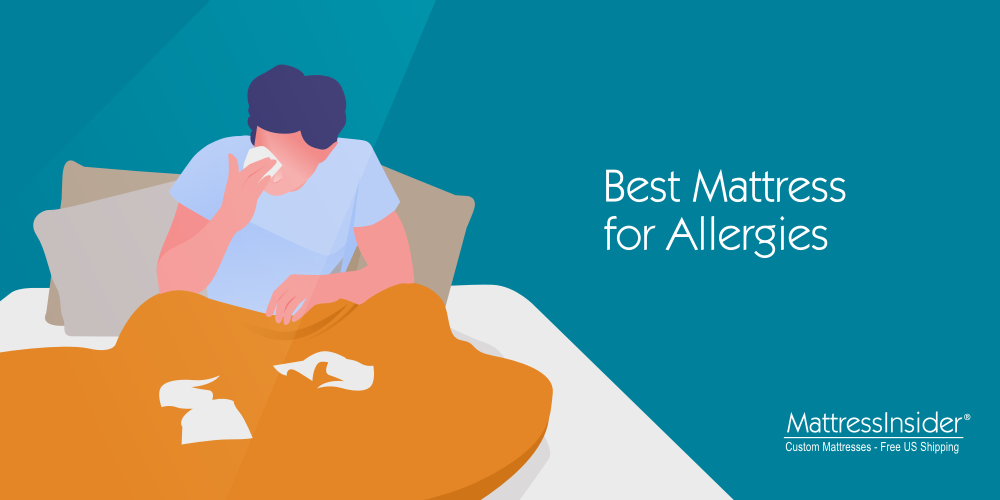





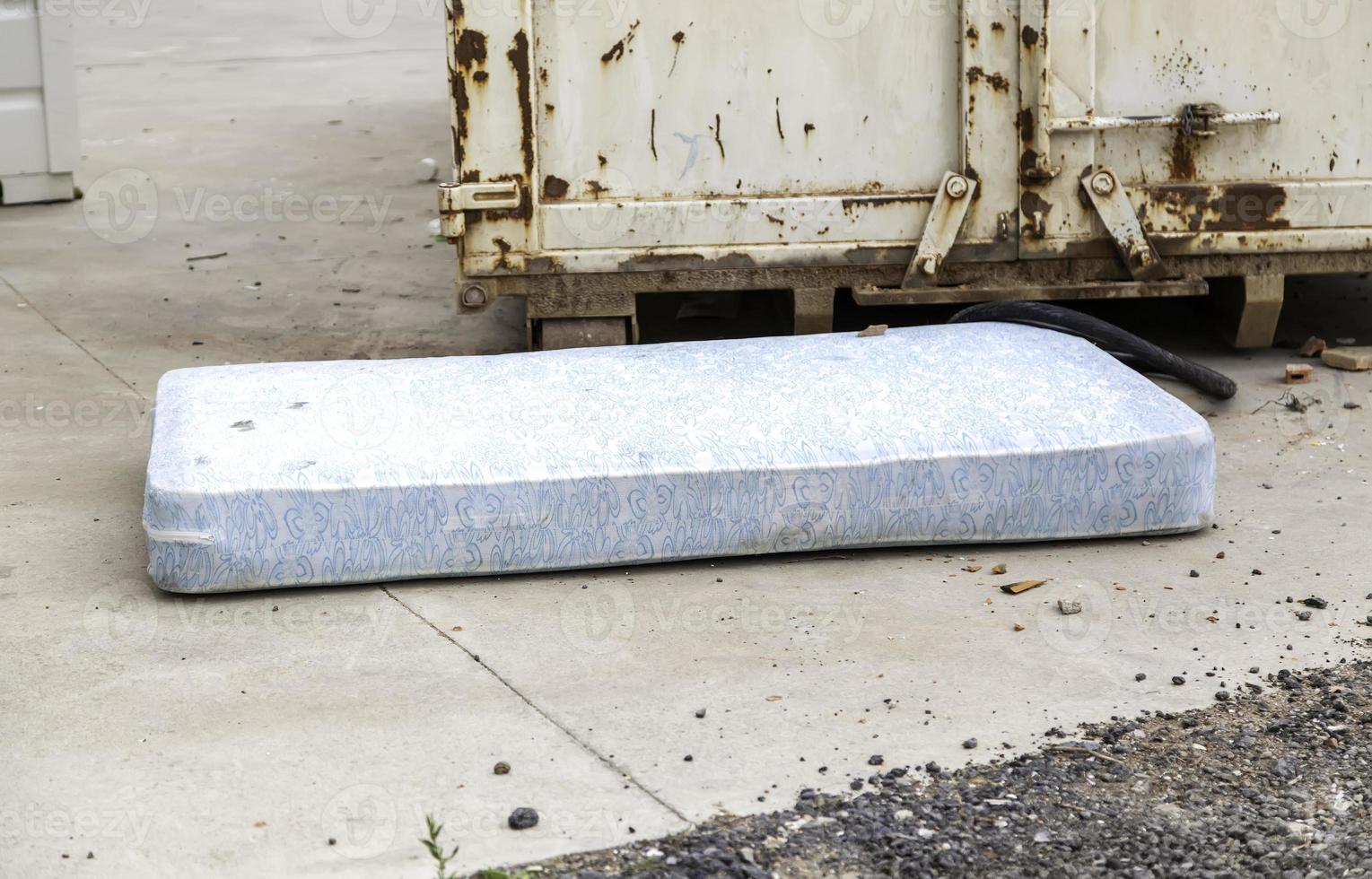











:max_bytes(150000):strip_icc()/what-are-the-symptoms-of-sleep-deprivation-3015161_color4-5b42c4ddc9e77c00374089b8.png)








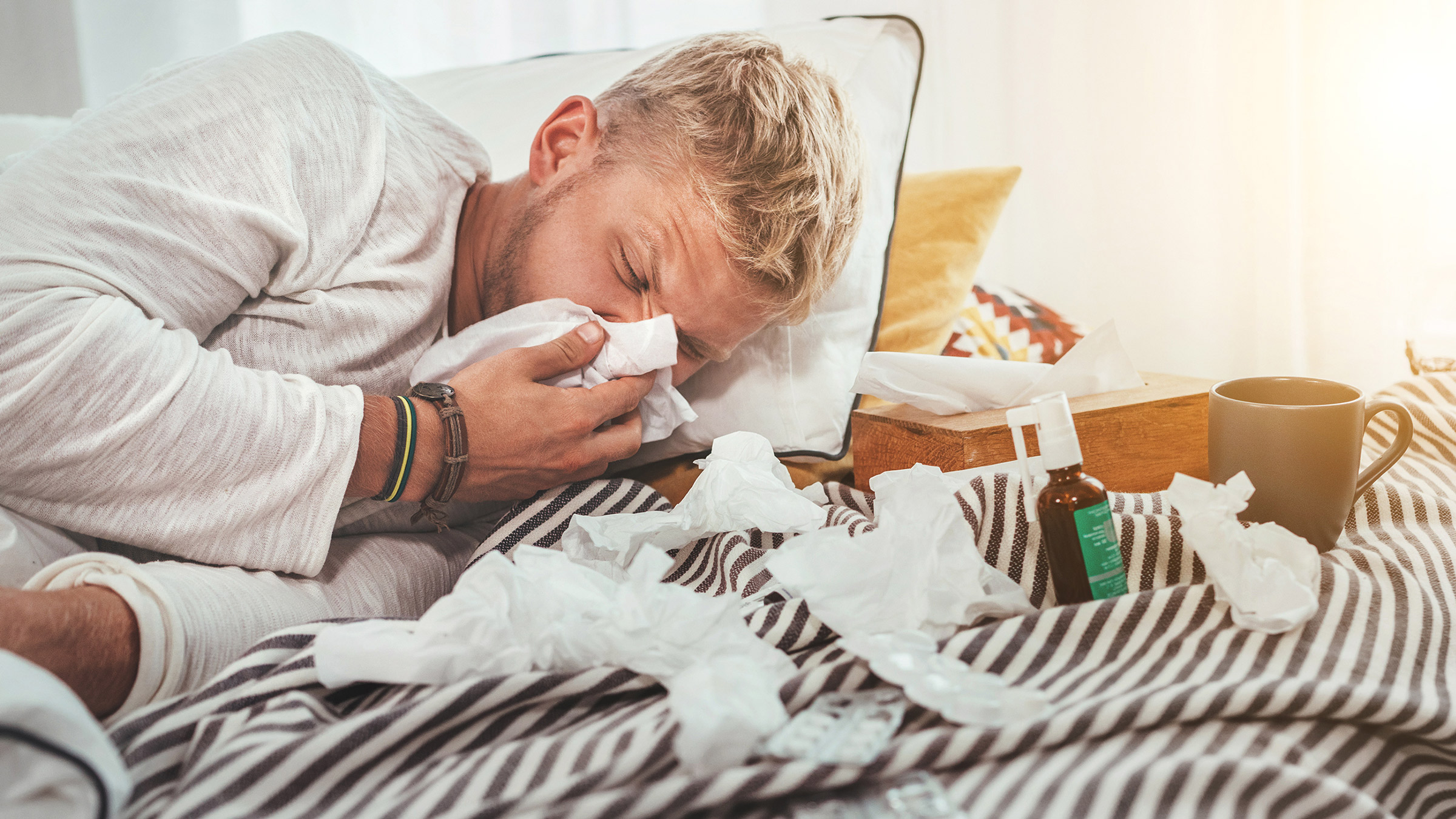










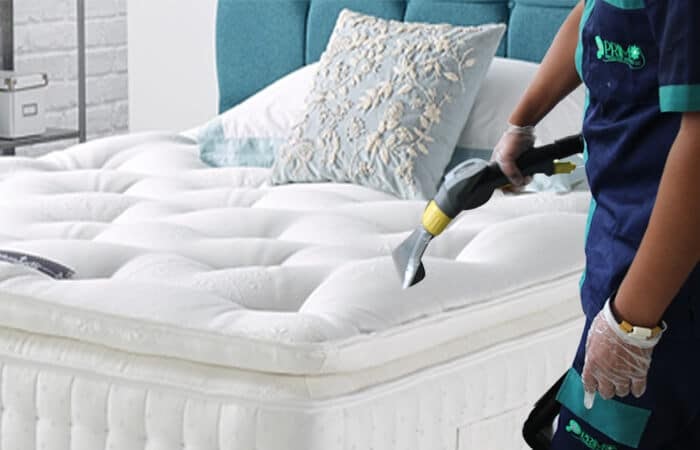
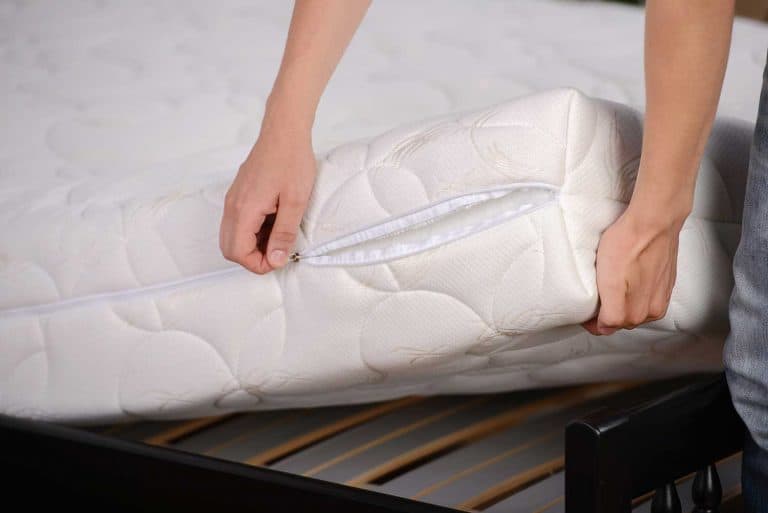

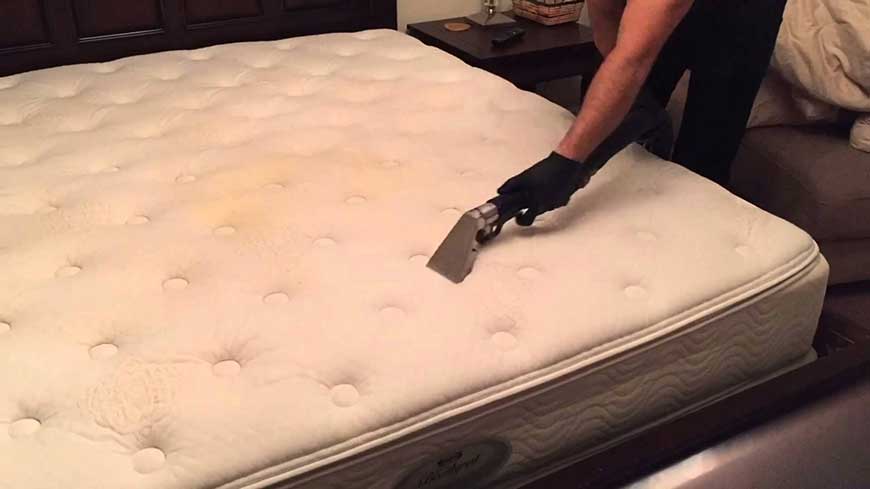










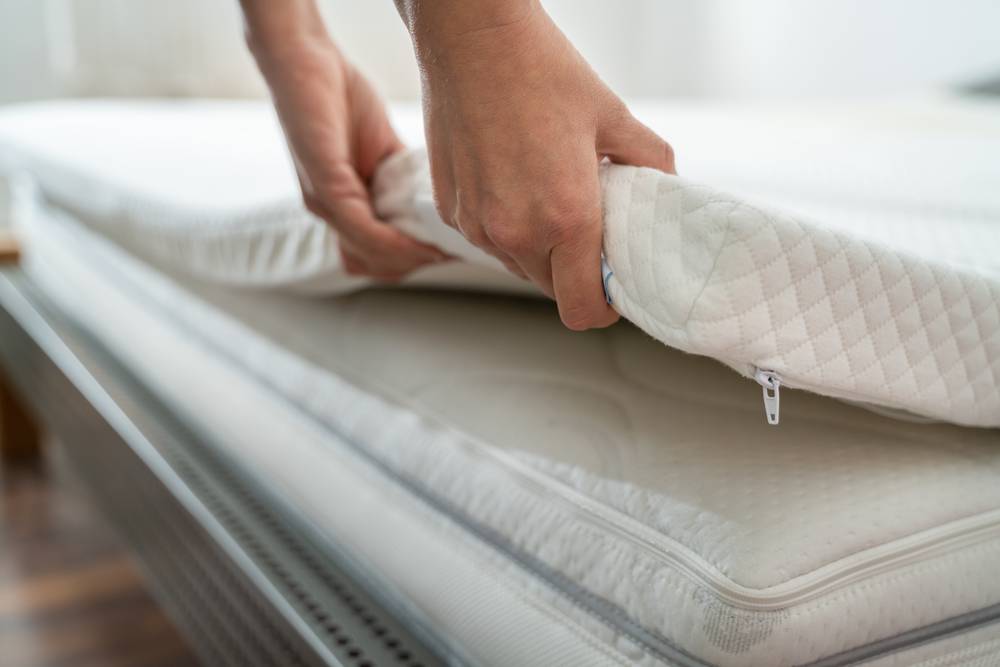

:max_bytes(150000):strip_icc()/clean-your-mattress-the-natural-way-350742-dd95404f7ac54f9b90f09045d9b4e98c.png)
